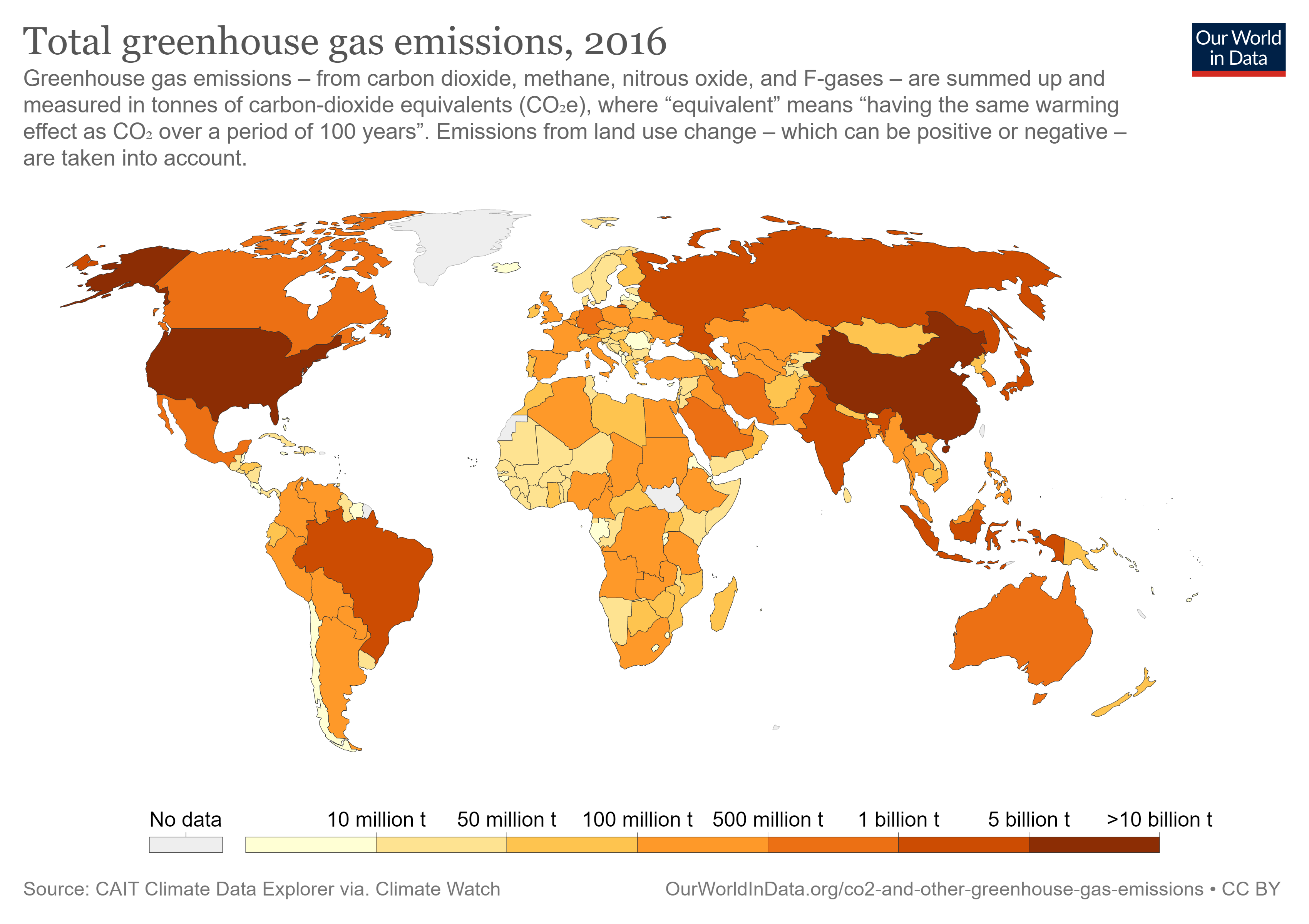
Climate Change Game
A cooperation game that lets students experience some of the challenges of cooperation in addressing global climate change
A group game that lets students experience the dilemma between self-interest and collective interest when groups have to work together to achieve shared goals.
In a classroom game with changing conditions students have to work together to solve a simple puzzle so that the benefits for the entire group are maximized. Different versions of this game can be played to help students experience and reflect on their behaviors, strategies and outcomes under different conditions.
The game is based on Obach (2003) to simulate the dilemma inherent in achieving collective action. When we live in groups and have to work together, many social dilemmas exist in which there is temptation to compete or act in the short–term self-interest, while cooperative behavior would result in greater benefits for the community.
The political scientist Elinor Ostrom has found out that under certain conditions, people are able to organize themselves collectively so that they act in the interest of the group, which is also in their own self-interest in the long term. To achieve this, a community must engage in communication, self-organizing and developing commonly agreed on rules and strategies in order to build trust and commitment.
Thus, it is very important to understand under what conditions we humans are able to cooperate with each other in order to solve problems and achieve goals together, and to apply this knowledge to real world problems. This game and the different versions of the game allow students to experience this need for cooperation.
You can also use this game to implicitly or explicitly introduce the concepts of proximate and ultimate causes of human behaviors. Here, the proximate causes are the game rules and conditions that change between game variations. Depending on the conditions, players are more likely to show rather competitive or rather cooperative behaviors. The ultimate causes of players’ behavior are found in human evolutionary history, where survival over many millennia depended on group life (up to 150 people) and on cooperating in order to get food, make tools, care for offspring, and other important goals.
Author: Susan Hanisch

A cooperation game that lets students experience some of the challenges of cooperation in addressing global climate change
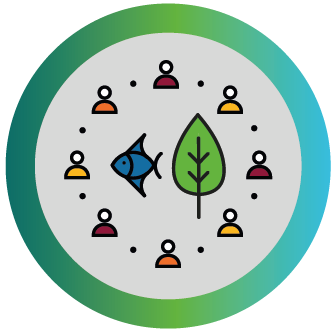
In a classroom simulation game with changing conditions students develop strategies for the use of a common resource so that the profit for the entire group is maximized.
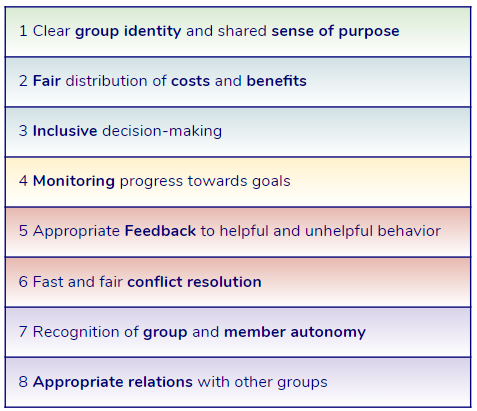
Students explore the principles that allow groups to work together and achieve common goals, applying them to the groups that they are a part of or care about.
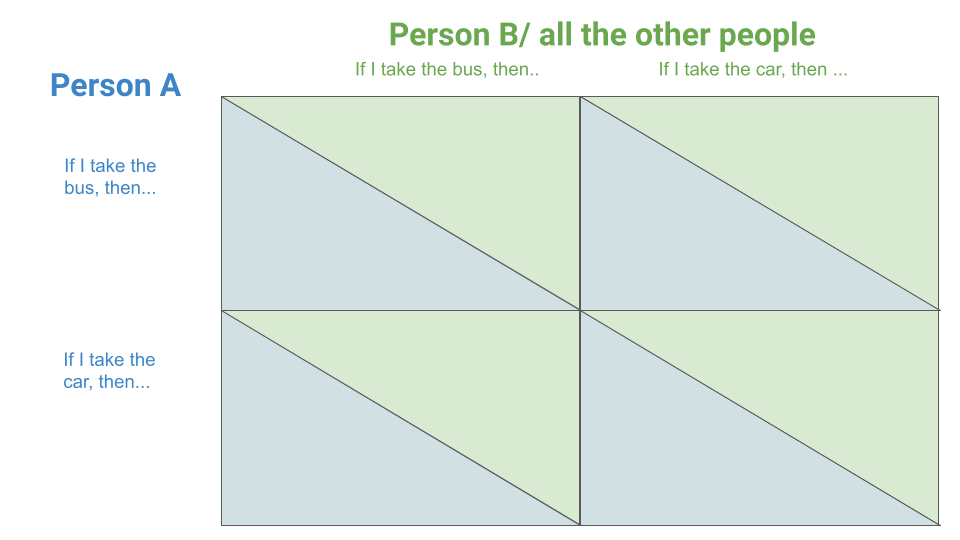
Students reflect on the causes and consequences of human behaviors in situations of social interactions, and are introduced to the payoff matrix as a helpful tool to represent motivations and outcomes of behaviors.
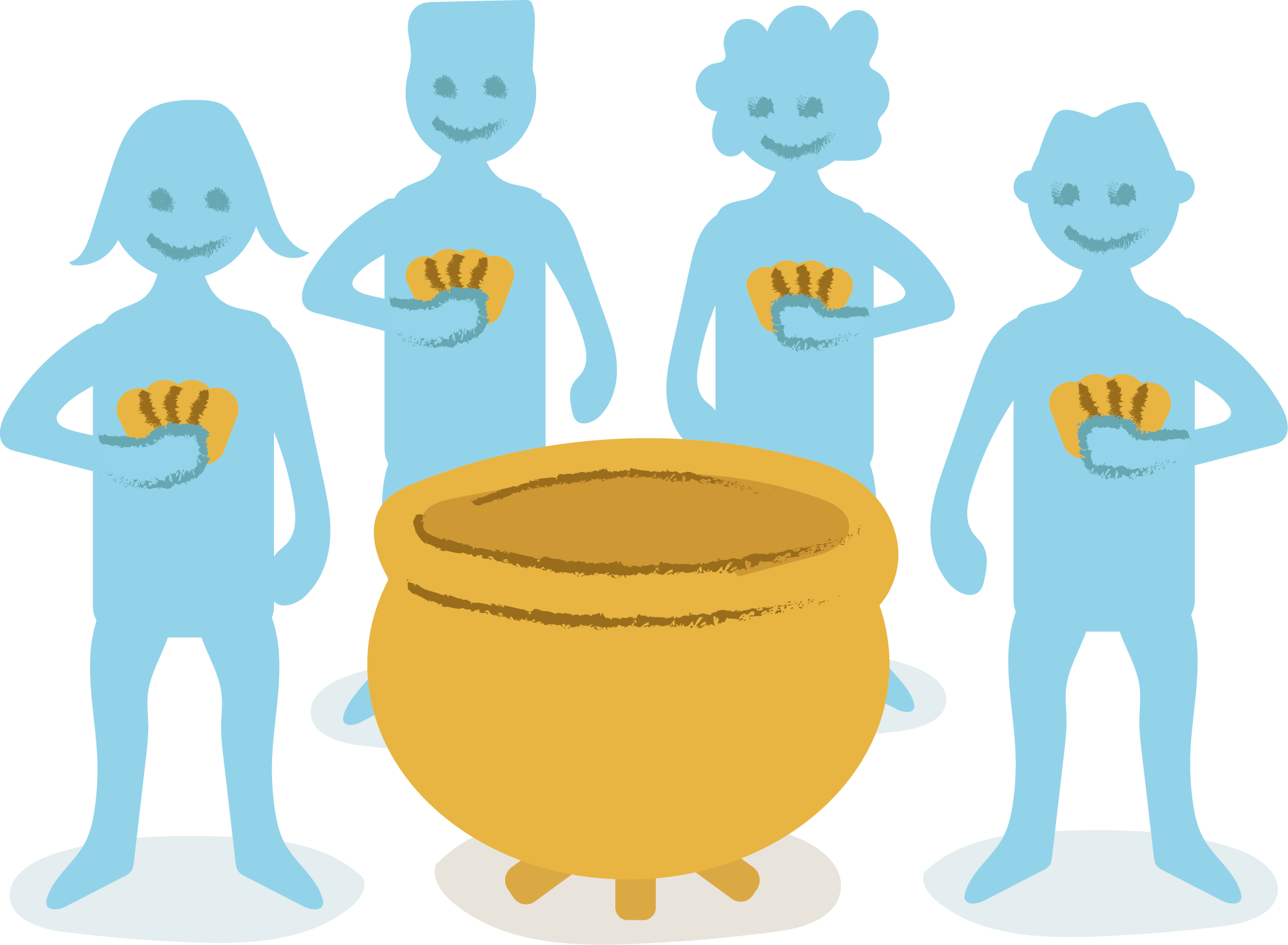
With these teaching materials, students can be introduced to game theory in general, as well as a concrete method, the public goods game. The conditions and rules of the public goods game reflect the challenge of a group to maintain common resources.
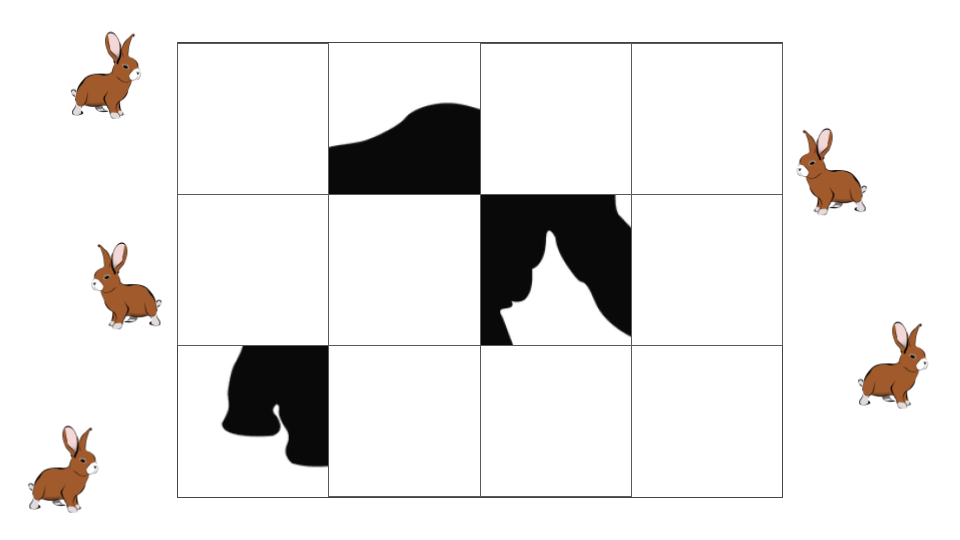
A cooperation game that simulates the challenge of our stone age ancestors to acquire food in the African savanna
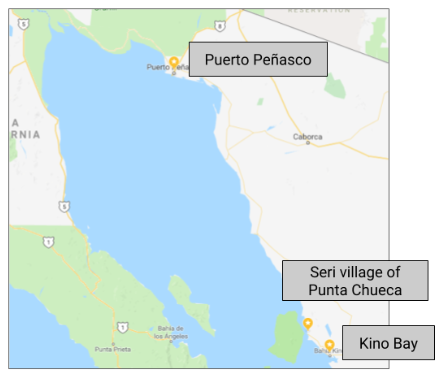
Students compare the stories of three Mexican fishing villages to understand the factors that enabled some villages to sustainably manage their fishing resources, while others failed.
OpenEvo is an educational innovation project from the Department of Comparative Cultural Psychology at the Max Planck Institute for Evolutionary Anthropology.
Evolve the future of education with us!